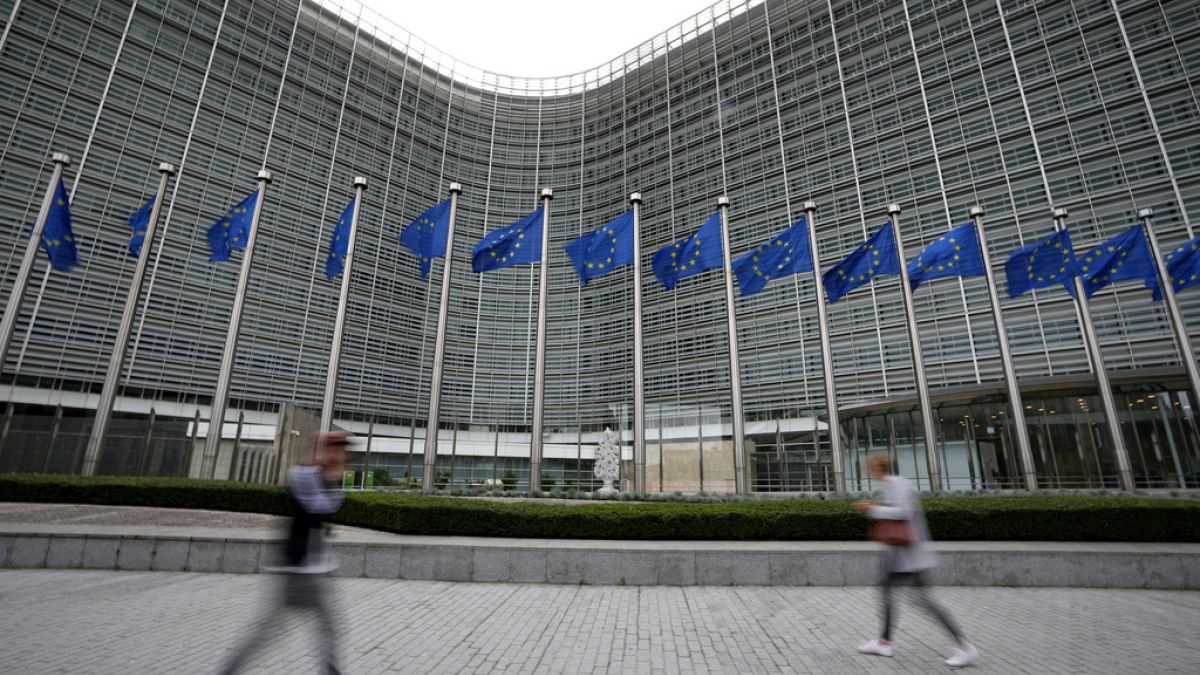Higher energy prices over the past few months because of the Russia-Ukraine war have been costly for European factories and manufacturers.
Producer prices saw a 1% fall in April, revealing a slightly bigger drop than the 0.5% seen in March, the latest eurozone month-on-month producer price index (PPI) report published by Eurostat has revealed.
The greater-than-expected fall was mainly due to a cut in energy prices of 3.6% against the -2.3% cut in March. Producer prices, excluding energy prices, inched up 0.2% in April, down from 0.3% in March.
Costs for non-durable goods, such as food, cosmetics, fuel, clothes, rose 0.1% in April, a slower rate than March’s 0.6%.
However, prices for durable goods, such as consumer electronics, furnitures, cars and sports equipment, were up 0.2%, the same figure as in March. increased at the same rate in April as in March, at 0.2%. Capital goods’ costs also inched up 0.2% in April from 0.1% in the previous month. Similarly, intermediate goods costs increased 0.3% in April from 0.2% in March.
In France, producer prices dropped 3.6%, with Spain also seeing a fall of 0.2%. Italian producer prices decreased 1.5% as well. However, Germany saw prices inch up 0.2%.
Year-on-year producer prices fell 5.7% in April, more than the -5.1% expected by analysts. Although this was the 12th month in a row of annual producer prices reducing, it was still a smaller decrease than the -7.8% seen in March.
Energy prices in the euro area fell 14.7% year-on-year, with intermediate goods’ prices also seeing a decline of 3.9%.
Lower energy prices could take the pressure off manufacturers
Higher energy prices in the last few months due to the ongoing Russia-Ukraine war had been a burden on European factories and manufacturers, with a number having to close because of the unaffordable cost of raw materials.
The reduction in energy prices, therefore, is welcome. As the cost of raw materials comes down, it is hoped that firms will be able to expand and, as a result, employ more staff.
Eurozone services sector sees boost in April
The HCOB Eurozone Services purchasing managers’ index (PMI) for May also released on Wednesday, came in at 53.2, slightly down from April’s 53.3, according to S&P Global.
This was mainly due to new business deals being more robust, as well as stronger demand for services. Employment creation was also the strongest since last June.
May’s HCOB Eurozone Composite PMI dropped to 52.2, from 51.7 in April, as eurozone economic activity saw its best month since May 2023, based on higher demand increasing both hiring and output. Business confidence was also on the rise.

